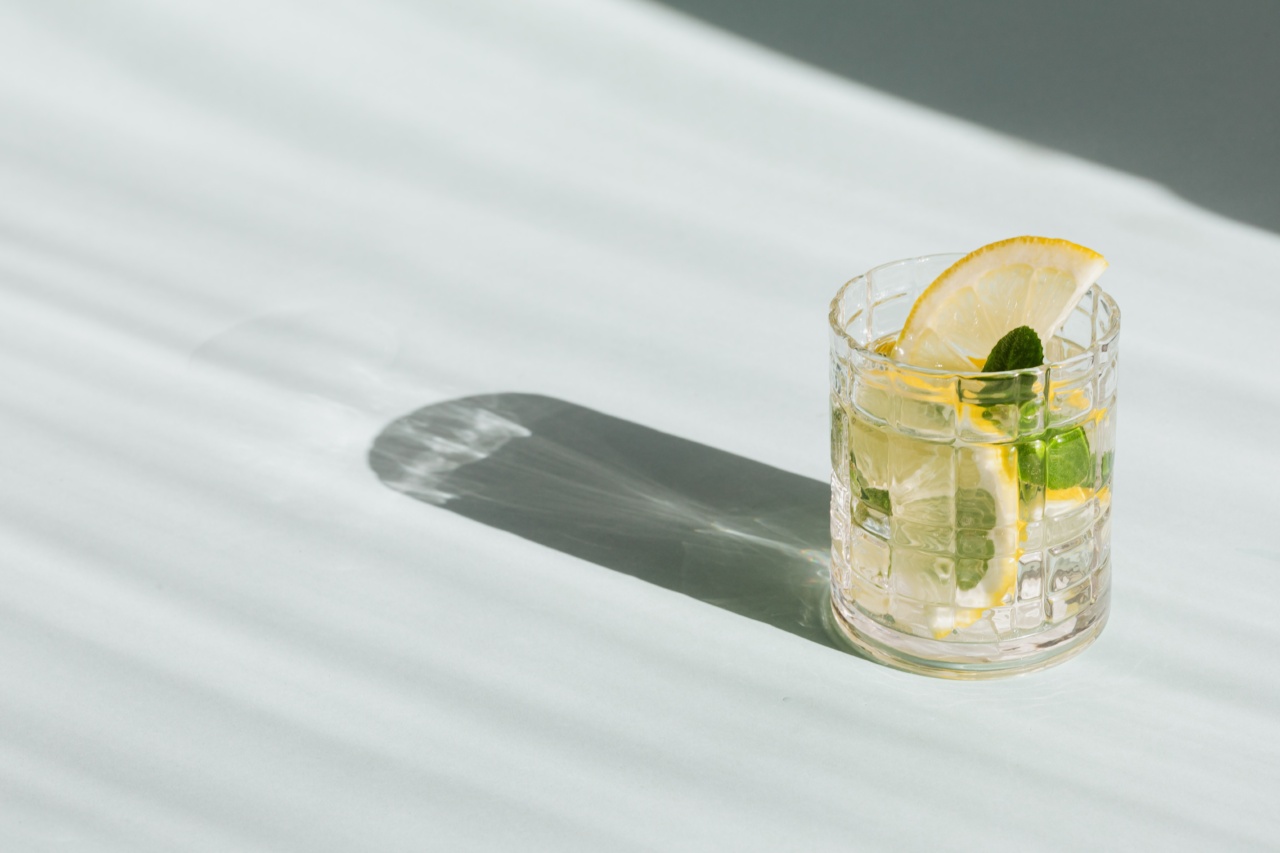Drinking and sex are two common activities that many people enjoy. Both offer pleasurable experiences and can help individuals relax and let go of inhibitions. However, combining the two can have serious health, safety, and consent implications.
In this article, we will explore why drinking and sex don’t mix and why it is crucial to understand the potential risks involved.
The Impairing Effects of Alcohol
Alcohol is a depressant that affects the central nervous system, slowing down brain activity and altering judgment, coordination, and decision-making abilities.
When consumed excessively, alcohol can impair both physical and cognitive functions, making it difficult to engage in activities that require focus and clear thinking.
Engaging in sexual activities requires individuals to be fully present and capable of making informed decisions.
Alcohol compromises these abilities and can lead to poor judgment, putting individuals at a higher risk of engaging in risky sexual behaviors that they may later regret.
Increased Risk of Unprotected Sex and STIs
When under the influence of alcohol, individuals may be more likely to engage in unprotected sex, increasing their risk of contracting sexually transmitted infections (STIs) or unwanted pregnancies.
Impaired judgment can lead to a lack of communication about contraception methods and consent, heightening the chances of engaging in risky sexual behaviors.
Moreover, alcohol can decrease sexual arousal and impair erectile function in men, potentially leading to difficulties in using condoms or other forms of protection consistently.
This combination of impaired decision-making and reduced sexual function can have severe consequences for individuals’ sexual and reproductive health.
Consent and Intoxication
Consent is a fundamental aspect of any sexual encounter, ensuring that all parties involved are willing participants. Alcohol can significantly impact an individual’s ability to provide informed and enthusiastic consent.
When intoxicated, it becomes harder to gauge and understand boundaries, leading to potential misunderstandings or non-consensual actions.
It is crucial to remember that consent must be enthusiastic, ongoing, and sober.
Engaging in sexual activities with someone who is heavily intoxicated puts the responsibility on the sober individual to ensure clear communication and obtain explicit consent. Additionally, taking advantage of someone who is inebriated is not only morally wrong but can also be considered sexual assault.
The Risk of Sexual Assault
Alcohol is often involved in cases of sexual assault or rape, either as a contributing factor or as a tool used by perpetrators to incapacitate their victims.
Consuming excessive amounts of alcohol can make individuals more vulnerable, impair their ability to resist unwanted advances, or even lead to loss of consciousness.
It is essential to be cautious when consuming alcohol in social environments and to prioritize personal safety. Always be aware of your surroundings, take care of your drinks, and look out for your friends.
If you suspect someone is at risk or witness potential non-consensual behavior, it is vital to intervene or seek help from authorities.
Alcohol and Emotional Well-being
While alcohol may temporarily reduce inhibitions and induce a sense of euphoria, it is a poor coping mechanism for addressing emotional issues or managing stress.
Many people turn to alcohol as a means of escape or self-medication, hoping it will help them relax or numb emotional pain.
However, relying on alcohol to cope with emotions can lead to numerous problems, including dependence, addiction, and an overall decline in mental health.
When it comes to sex, engaging in intimate activities while under emotional distress or relying on alcohol to feel comfortable can further complicate relationships and hinder emotional connections.
Safe Alternatives and Healthy Relationships
It is essential to prioritize personal well-being and engage in healthy relationships. To avoid the potential risks and negative consequences associated with mixing alcohol and sex, consider the following alternatives:.
1. Communication and Trust
Establish open and honest communication with your partner(s) about boundaries, desires, and expectations. Building trust and mutual respect plays a vital role in creating a safe and fulfilling sexual environment.
2. Consent and Sobriety
Ensure that all sexual activities are based on explicit and enthusiastic consent. Engage in these activities when you and your partner(s) are sober, fully aware, and capable of providing informed consent.
3. Safe Sex Practices
Use condoms, dental dams, or other appropriate forms of protection consistently to reduce the risk of STIs and unwanted pregnancies. Take responsibility for your sexual health and regularly get tested for STIs.
4. Emotional Well-being
Seek healthy coping mechanisms to manage emotional distress and improve overall well-being. Develop hobbies, engage in self-care activities, and consider seeking professional help if needed.
5. Supportive Social Circle
Surround yourself with friends and peers who respect your boundaries, encourage healthy behaviors, and prioritize your safety. Building a support system is crucial for maintaining healthy relationships.
The Bottom Line
Drinking and sex may be enjoyable independently, but combining the two can lead to risky situations, impaired judgment, and potential physical and emotional harm.
Prioritizing personal safety, consent, and emotional well-being should always be at the forefront of any sexual encounter.






























